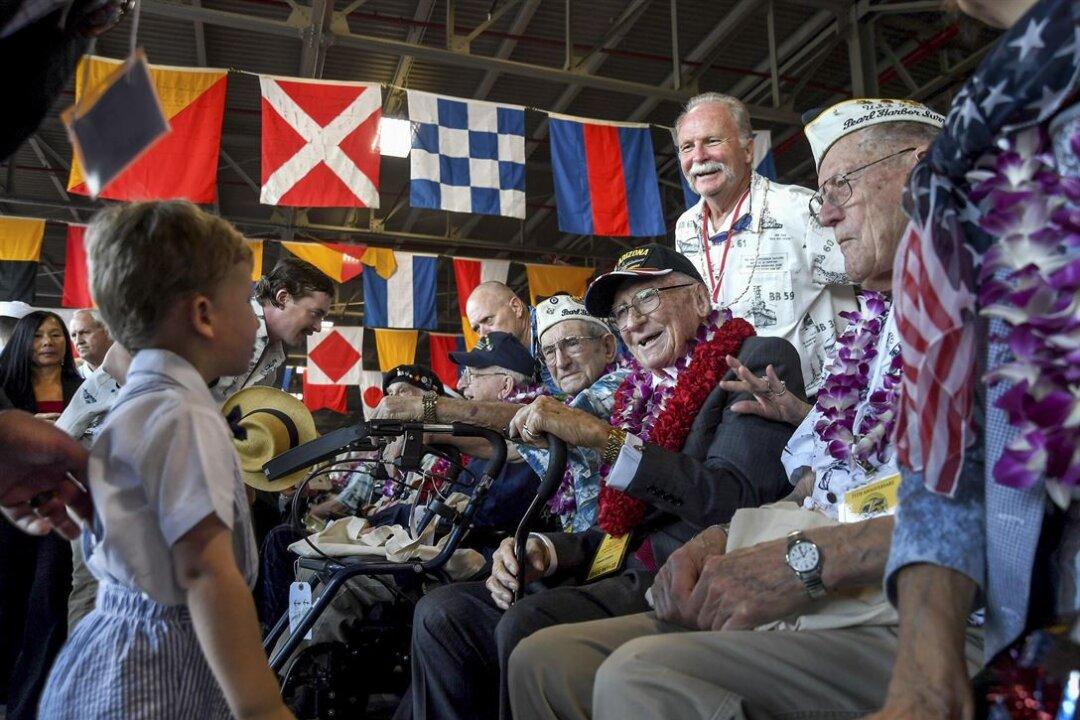As time passes, with Dec. 7, 2017, as the seventy-sixth commemoration of the Pearl Harbor attack, the number of survivors continues to diminish.
Just after the Pearl Harbor attack in 1941, there were about 60,000 survivors.

As time passes, with Dec. 7, 2017, as the seventy-sixth commemoration of the Pearl Harbor attack, the number of survivors continues to diminish.
Just after the Pearl Harbor attack in 1941, there were about 60,000 survivors.